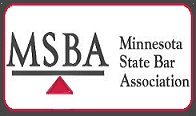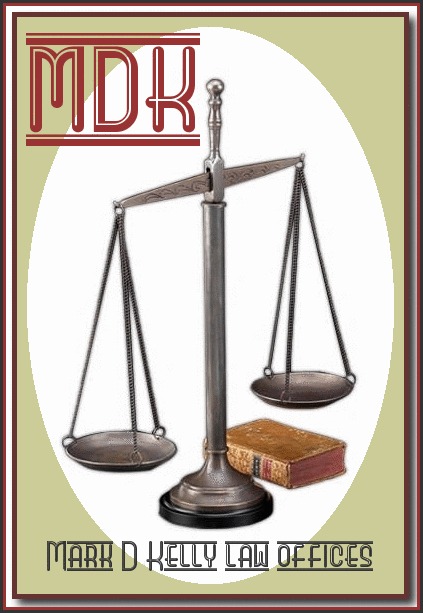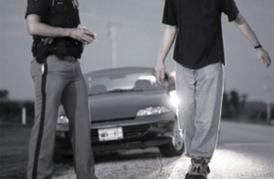MARK D. KELLY CRIMINAL DEFENSE LLC
Minnesota Attorney with 30 Years of Experience
 | ||||
DWI Attorney Mark Kelly - DWI Charges:
How intoxicated does someone have to be before they can be convicted
of driving under the influence?
In Minnesota, any blood alcohol level of .08 or higher will subject
you to conviction. However, your driving skills are affected from the
first drink of alcohol. Your ability to pay attention, react, see clearly,
maintain coordination, and make good choices are impaired with each
drink.
How many drinks can I have before being over .08?
It is not the number of drinks alone that determines how high your
blood alcohol levels are. Wine, beer, mixed drinks and hard liquor have
different percentages of alcohol so it’s more important to focus on how
much total alcohol you have consumed over a certain period of time.
Additionally, your impairment and your blood alcohol levels are influenced
by gender, age, weight, amount and type of food you have eaten,
medications, and other factors.
Do I have to take a blood, breath, or urine test if asked to do so by the police?
The answer is almost always “yes” because refusing to do so is considered a
Gross Misdemeanor in Minnesota. If you refuse to take a test when you are
stopped your license may be revoked for at least a year.
I tested under the legal limit and I’m still charged with DWI, is that legal?
The answer is “yes”. A person can be charged and convicted even if their blood
alcohol concentration is below the legal limit if the alleged improper driving
conduct establishes that the driver is “under the influence” of alcohol.
How can the police find out whether a driver is under the influence?
Police typically use three methods of determining whether a driver is impaired:
* Observation. A police officer will pull you over if you are swerving, speeding,
driving too slowly, or failing to stop.
* Sobriety tests. If you have been pulled over and the police officer suspects you have been drinking, you will
probably be asked to get out of the car and stand on one leg, walk a straight line or recite the alphabet. If you
do not do well on the tests, the officer may arrest you or ask you to take chemical tests to determine your
blood-alcohol level.
* Blood-alcohol level. The measurement of alcohol in your blood can be taken directly by drawing a blood
sample or a mathematical formula using the amount of alcohol in your breath or urine.
https://www.uber.com/ride/






